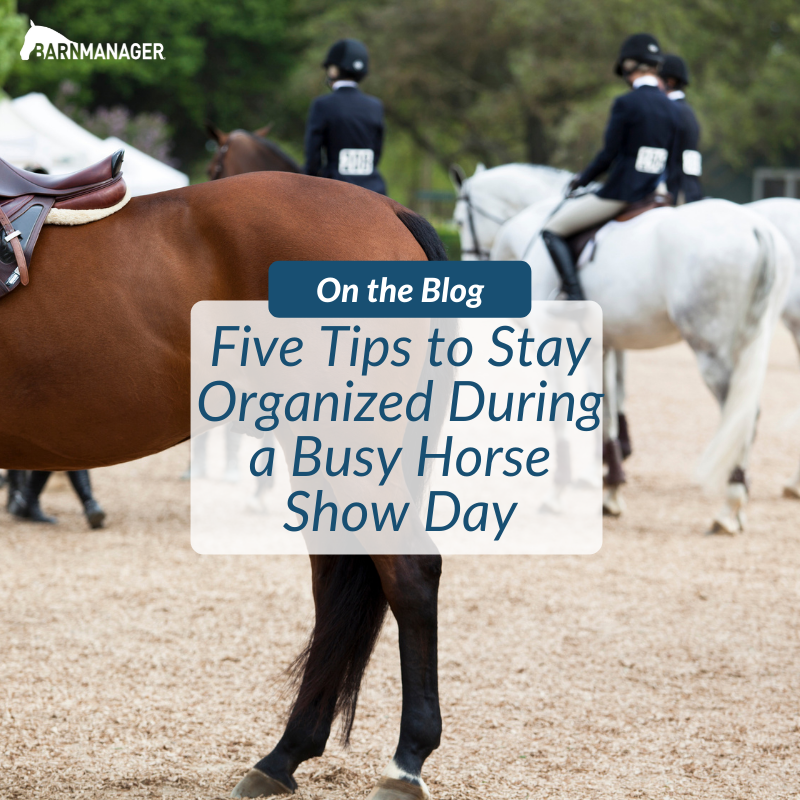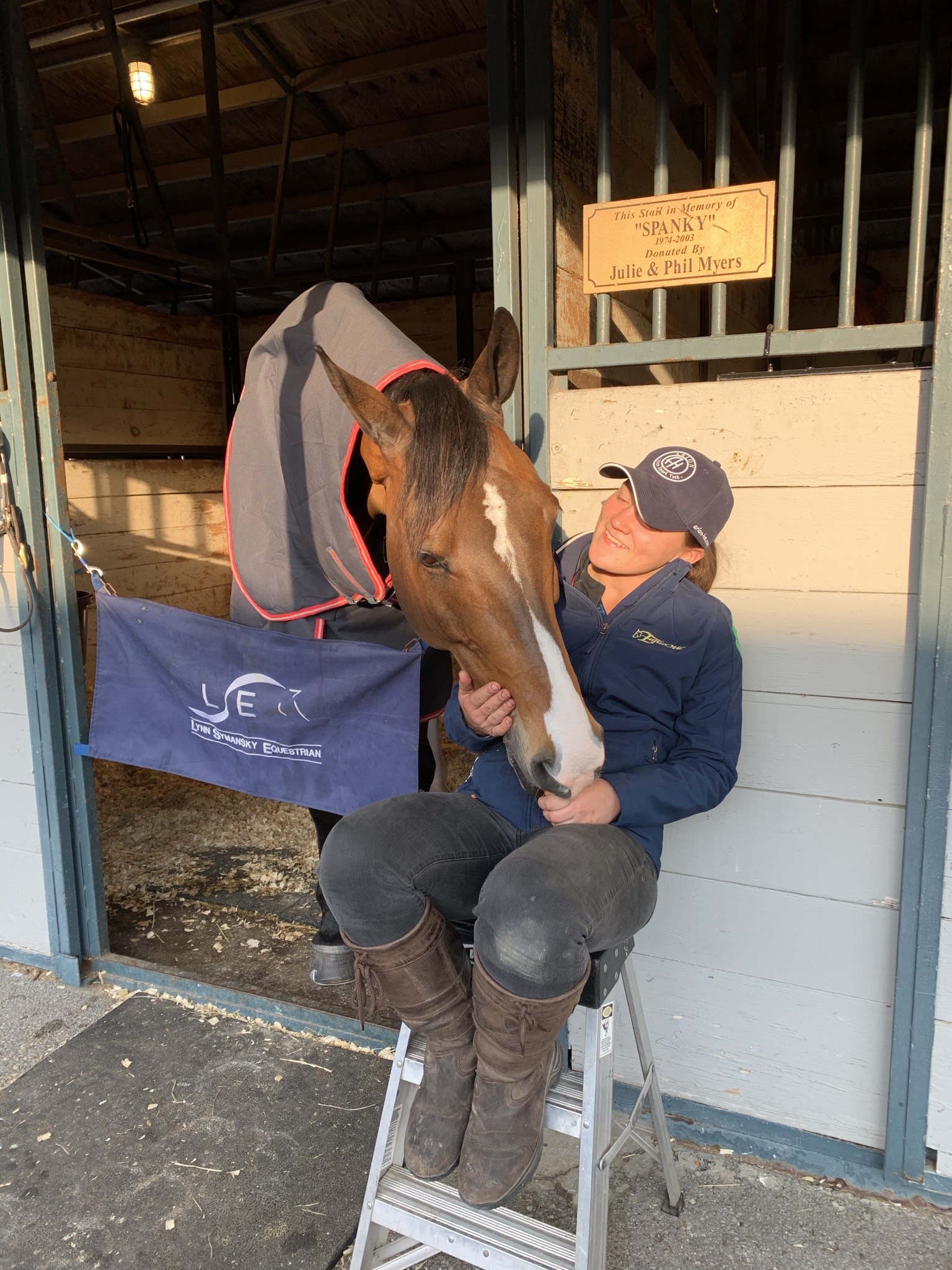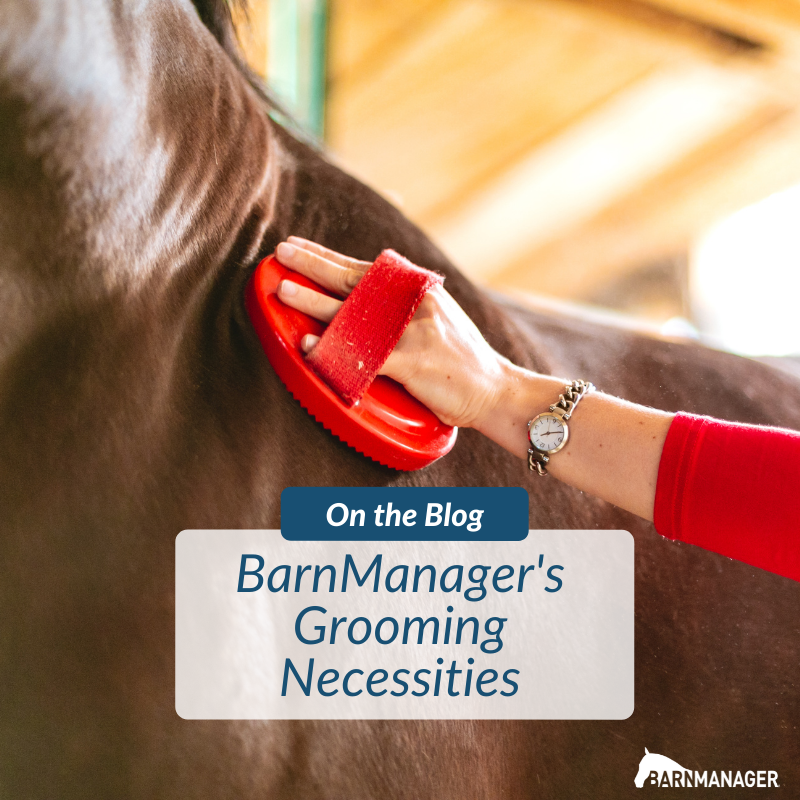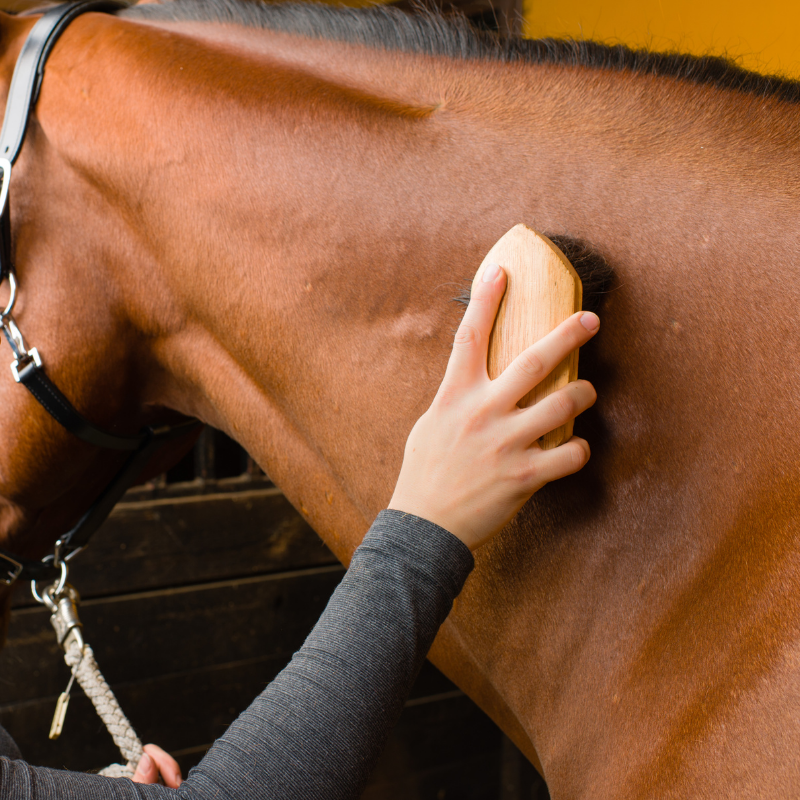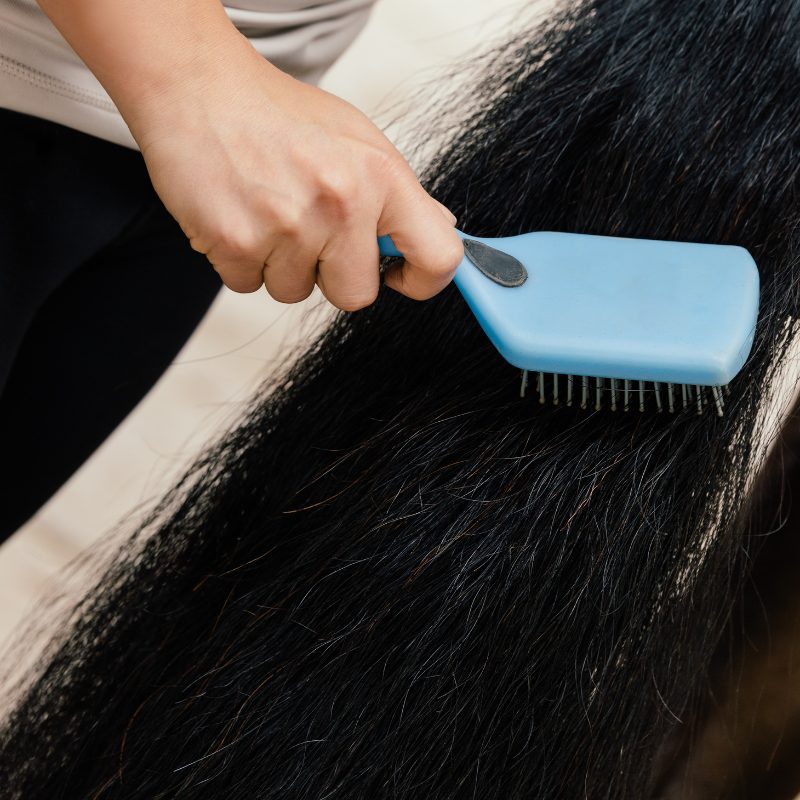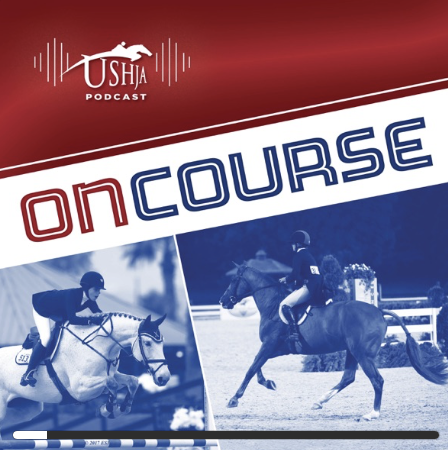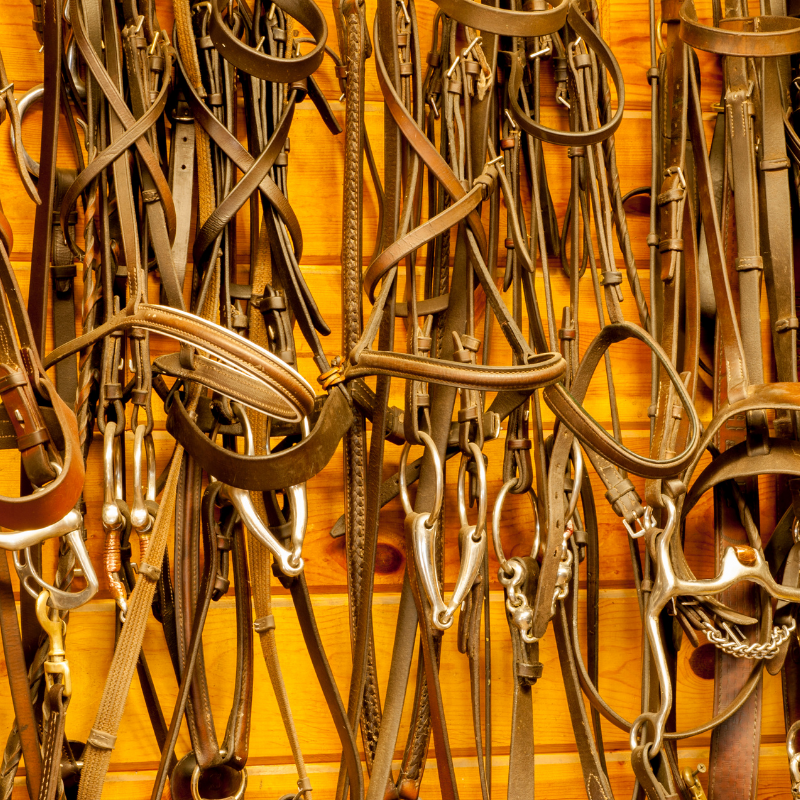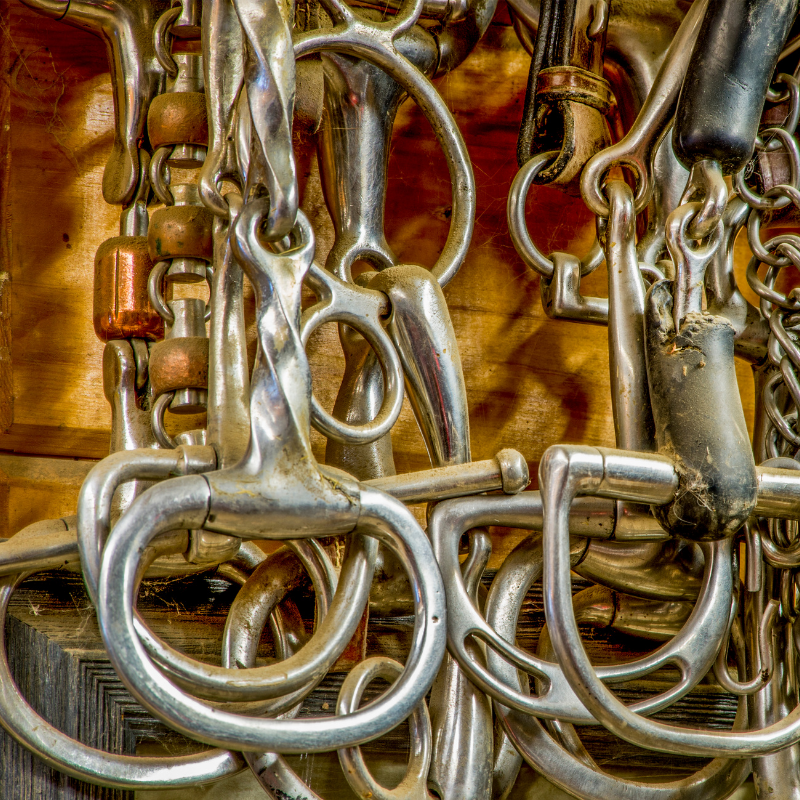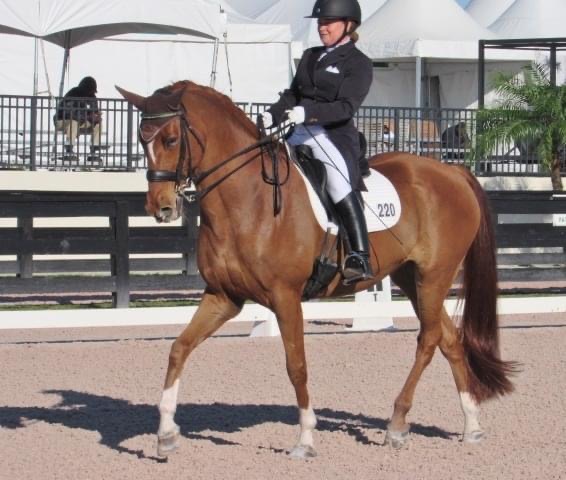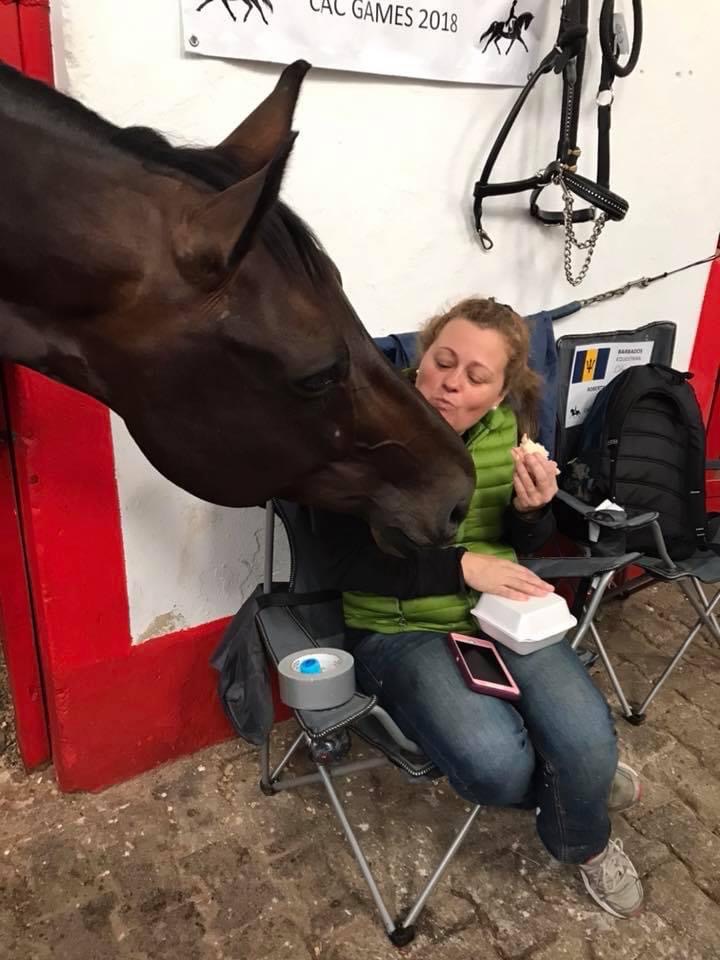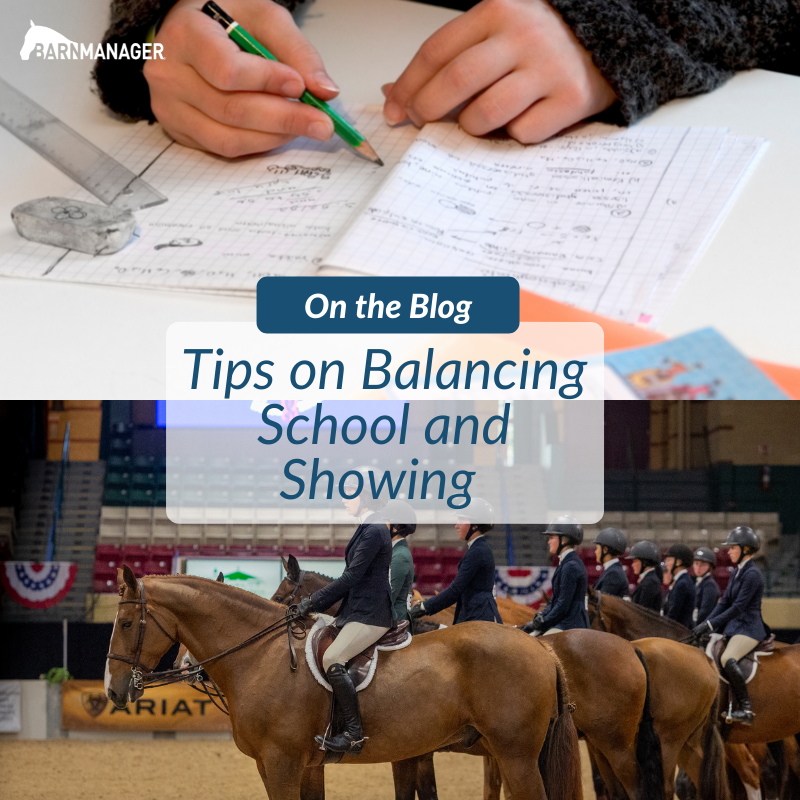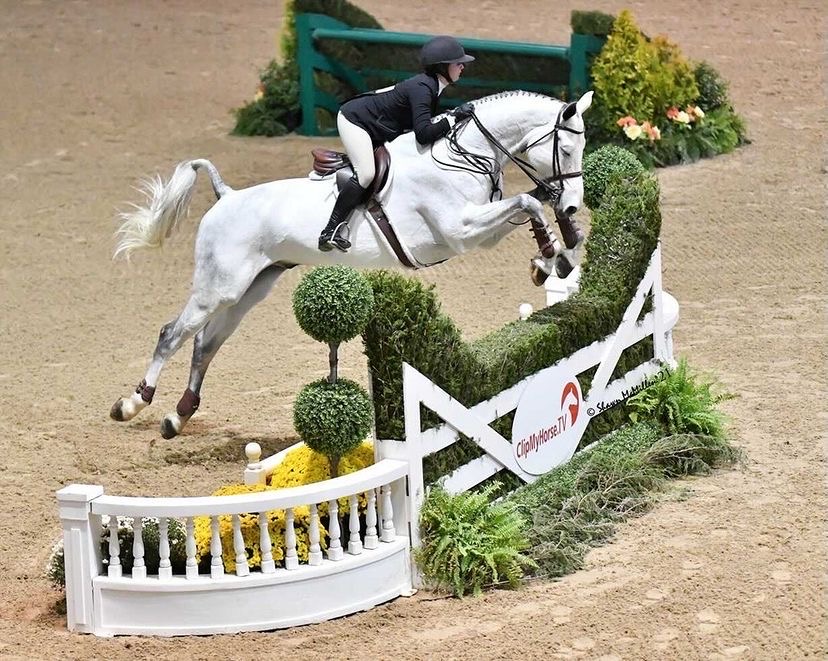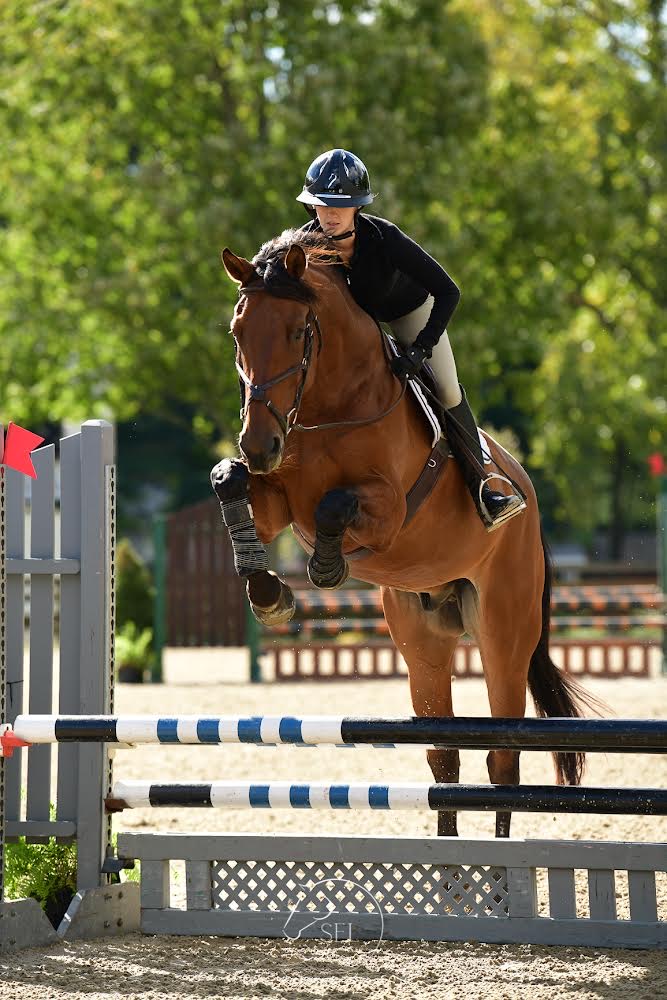Horse show days can be extremely hectic and overwhelming. The key to success during those types of days is staying organized. Read some of BarnManager’s tips to tackle a busy day at any competition.
1. Make a Plan

The first step in staying organized during a busy horse show day actually happens the afternoon or night before. If you know you are going to have a day with lots of horses and clients showing, take time to make a plan the day before. Many barns write out the schedule on a whiteboard. This way all trainers, grooms, managers, and riders are aware of what the day will look like. Ideally, this schedule includes what ring each horse shows in and an approximate time the horse should be at the ring ready to go. Noting the name of the class is helpful if the horse shows in both the hunters and equitation and requires different equipment for each discipline. Deciding who will take care of each horse and bring it to the ring can also make the plan run efficiently throughout the busy show day. Including orders of go for classes, when available, is another useful piece of information that can help keep everyone on time.
(Did you know? BarnManager has a virtual whiteboard feature so everyone can see the schedule while up at the ring and make or view any adjustments!)
2. Organize Equipment
Setting out equipment needed for each horse beforehand can save a lot of time throughout the day. If each horse’s saddle, bridle, martingale, girth, saddle pad, and number are neatly piled together, you do not have to worry about a horse arriving to the ring with the wrong equipment or an employee being late because they could not find the correct boots. It takes a few extra minutes to organize the night before or in the morning, but it will save time and energy once the day has started.
3. Be Flexible
Horse shows are known for not always running on time and horses themselves can often be unpredictable. For these reasons, you have to be able to be flexible in your plan. If a ring is running late or one of the horses pulls a shoe before a class, you must be able to alter your schedule quickly in order to deal with the last-minute changes. Last-minute adjustments in a well-thought-out plan can be overcome with a little patience, flexibility, teamwork, and good problem-solving skills.
4. Communication
Effective communication is always a necessity in a barn, especially during a hectic horse show day. The only way that all employees will know and understand the plan is through communication. Also, if something changes, everyone must be told of the alterations so the day can continue to run smoothly. Constant and clear communication throughout the day is important so everyone stays up to date. Many barns use group texts or walkie-talkies so that all staff members are updated about changes at the same time.

5. Checklist
Creating a checklist to go through at the end of the day is a great way to make sure all tasks were completed. This checklist can include specific aftercare for the horses, making feed, any tack alterations for the next day, and making sure all equipment was clean and properly put away. Make a specific checklist for each show day and add items to it as you go. Take time at the end of the day to review and fine-tune your plan for the next day.
(Did you know? BarnManager has a list feature so you can make a daily checklist. You can also share this checklist with your team at a show!)
While horse showing can be stressful and exhausting, especially on busy days, the most important tip is to remember to have fun and enjoy the successful moments both in and out of the ring.
Have questions about utilizing BarnManager or want to give it a try for yourself? Request a live demo here!
